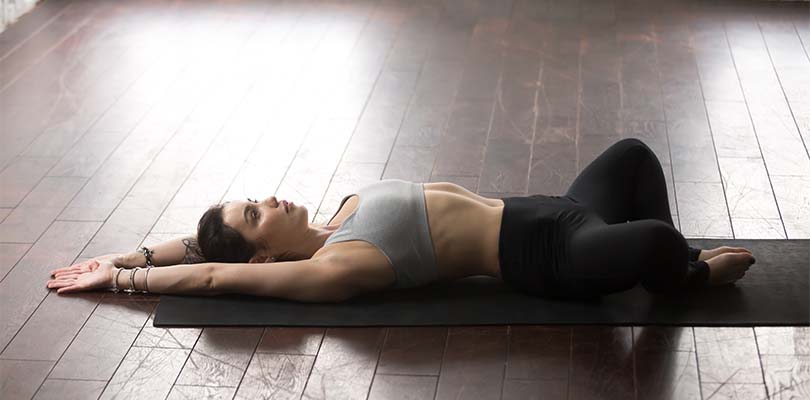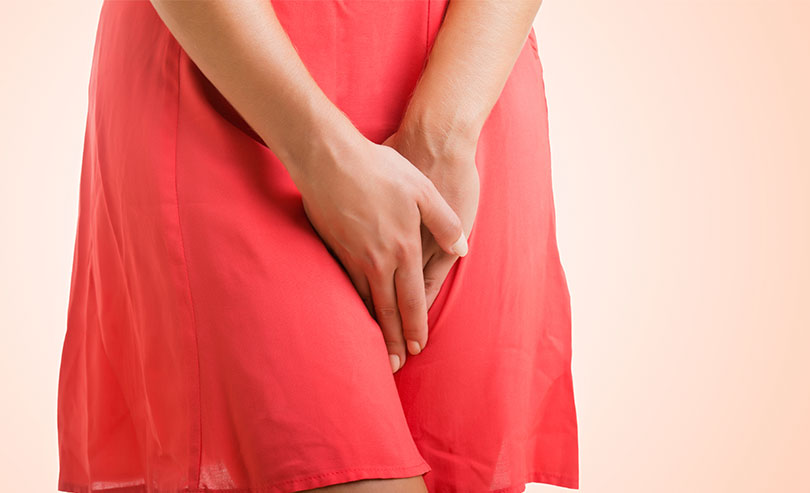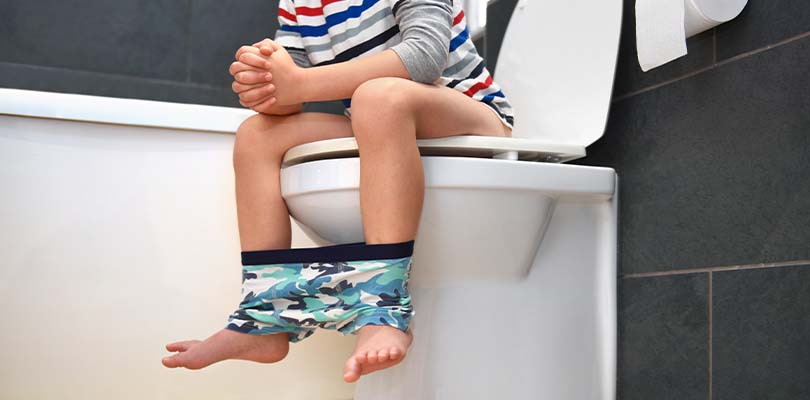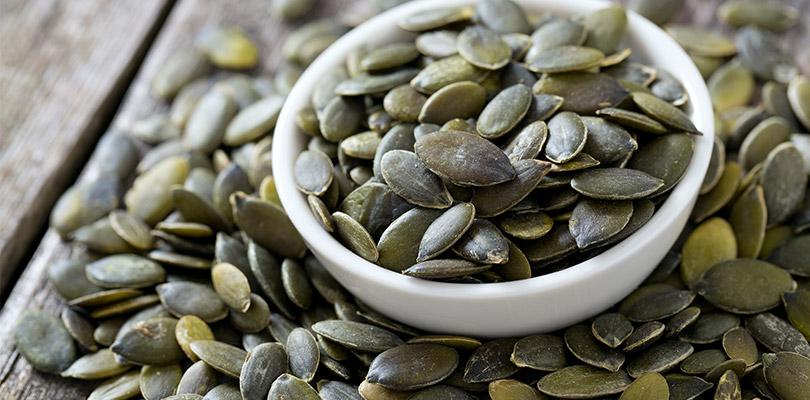
Photo Credit: Catalin` Grigoriu / istockphoto.com
OAB Embarrassment
If late-night talk shows hosts were making a list of the top ten medical conditions with embarrassing results, overactive bladder (OAB) would surely find its way on the list and for good reason.
OAB leads to its fair share of awkward, uncomfortable and humiliating situations. Trying to deny that would be lying to yourself. On good days, OAB is a minor inconvenience. On bad days, it seems like a never-ending battle against your bladder. This is a battle you cannot win.
In a surprising way, feeling embarrassed by your OAB will add stress and worsen your symptoms. To improve your OAB, you have to find new ways to shrink your embarrassments. Here are 9 of the best strategies to drain your shame.
1. Accept Yourself with OAB
People with OAB live in denial because admitting their condition to others is just too scary and painful. Admitting it to themselves can be even harder.
Of course you realize you have OAB, but have you really come to terms with the implications of this? Do you think you should be able to control your symptoms all of the time? Do you think you can avoid every episode if you only work hard enough? Having unrealistic expectations maintains denial.
Accepting your status means that you can begin to accept yourself – all of you. Stress instantly becomes reduced with self-acceptance. Less stress means less risk of incontinence, which translates to less embarrassment.
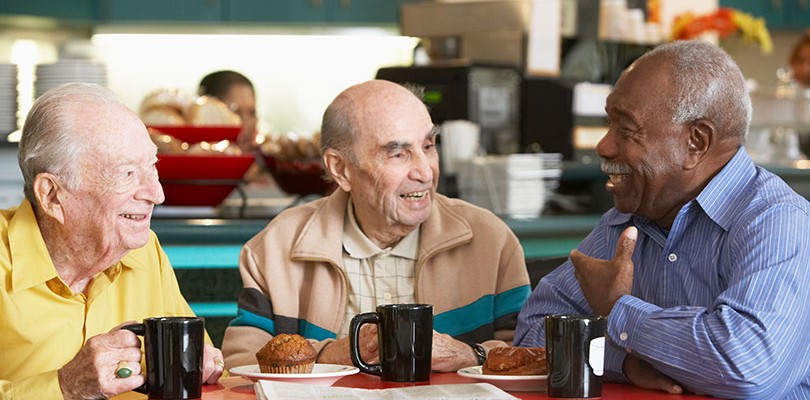
Photo Credit: monkeybusinessimages / istockphoto.com
2. Talk About OAB
With growing self-acceptance, you can work to reduce the perceived stigma of your condition to the other people in your life. You may be surprised to find that you are most likely judging yourself far harsher than other people are judging you.
OAB is a condition that most people don’t know very much about, and because of this, they will be interested to hear about your experience, trials and tribulations. Lack of information forces people to jump towards conclusions that are incorrect; choose to speak about OAB openly, honesty and genuinely.
The way you present information has a big impact on how it is received. Give your audience information about the condition and how you deal with it. Allow people to ask questions about your symptoms, your hopes and your fears.
The easy thing to do is avoid direct communication for fear that it might be uncomfortable. Communication is difficult to master, but doing it early will help diminish your risk of embarrassment due to misunderstandings.

Photo Credit: andresrimaging / istockphoto.com
3. Learn to Laugh
A big part of self-acceptance is changing the way you see yourself. If you think that OAB is like a scarlet letter worn to cause shame and discrimination, you need to move back to step one. You might be taking yourself a bit too seriously.
If you cannot laugh at OAB, the situations it puts you in and the behaviors you complete to manage it, you cannot survive. Laughing at yourself helps to take away the power OAB has to change your mood and increase anxiety.
Changing your perspective is going to take some time, but you have time – your OAB isn’t going anywhere. Laughing at embarrassment is always better than crying at embarrassment. Accomplish this by recapping past experiences to find any slither of humor. Each time, try to expand the laughter by looking deeper into the event.

Photo Credit: anyaberkut / istockphoto.com
4. See the World
Positive copings skills help crush OAB embarrassment. Negative coping skills tell you that it is easier to escape than to engage. The only way to completely avoid the stress of OAB is to never leave home and cut off communication with the outside world, but this is a negative coping skill, and not a very good idea.
Work to expand your comfort zone by agreeing to go places and do things that may trigger some anxiety or stress. You may be worried about where the nearest bathroom is or what you will tell people if your symptoms are high that day, but this temporary discomfort will be worth it over time.
Use your new communication skills to voice your hopes and concerns to your friends. They may have information or offer suggestions that will greatly improve your chances of success.

Photo Credit: Jacob Ammentorp Lund / istockphoto.com
5. Monitor – Don’t Measure
Some people think that measuring fluids rigidly is the only way to go. Others find this practice to be too stressful, time consuming and limiting, and with OAB, the goal is to subtract the stress, not add to it.
Self-monitoring is a good system that has more flexibility than measuring does. With self-monitoring, you mindfully check-in with yourself on schedule during the day. Depending on your symptoms, you may want to schedule your check-in every 15 minutes or two hours.
During this process, you take the needed time to focus on your bladder so you can listen to the message it is sending you. Find the system that works for you to avoid embarrassment.
Looking for information on how to control overactive bladder and its symptoms? Here are several control techniques and options worth looking into.
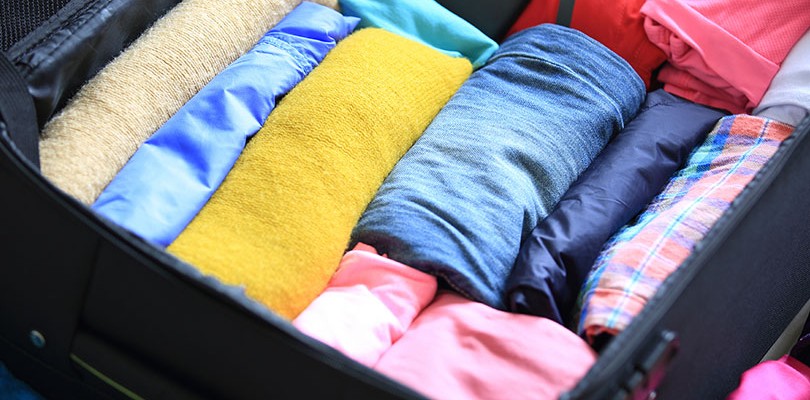
Photo Credit: lzf / istockphoto.com
6. Have a Back-Up Plan
Even the best monitoring will end in incontinence. Rather than scrambling after the fact, leave the house prepared for the worst while hoping for the best. Carrying a change of clothes should not seem excessive. In fact, it is quite practical and necessary at times.
Change your back up clothes frequently so they do not become a ball of clothes in a plastic bag that you keep in your trunk for a month. Changing out of wet clothes only to put on a pair of ill-fitting, wrinkly pants will likely not do much to improve your embarrassment.
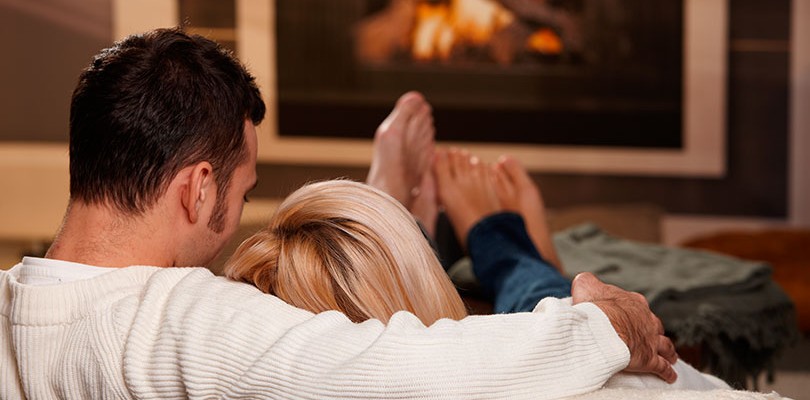
Photo Credit: nyul / istockphoto.com
7. Relax Your Brain, Body and Bladder
Working to reduce the unwanted facets of your life through positive coping skills is wonderful but not always enough. You will have to find other ways to melt away the stress and anxiety from your life to stop embarrassment. Relaxations are an efficient use of your time and resources.
The benefit of relaxation is two-fold, as you get the direct result of less stress and tension in your life. The indirect result is that relaxations techniques like guided imagery, muscle relaxation and autogenic training have been associated with better OAB symptom management. Control is not the goal, but better management leads to fewer opportunities for incidents.
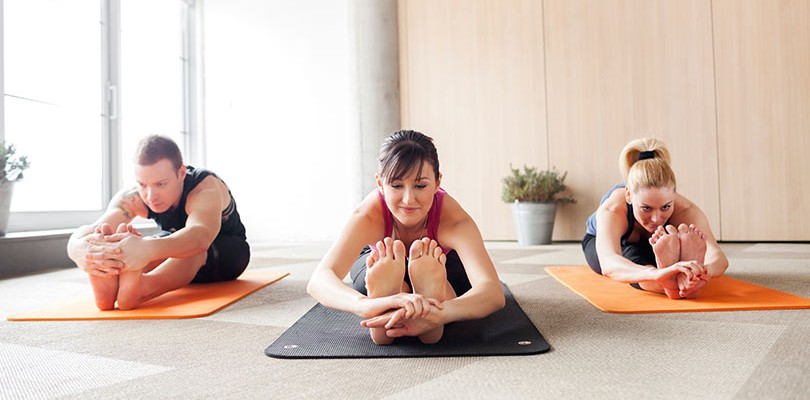
Photo Credit: AnaBGD / istockphoto.com
8. Tighten Up
Sometimes you want to be relaxed. Other times, you want to be tight and strong. Kegel exercises are performed to strengthen the muscles of the pelvic floor. If you looked into progressive muscle relaxation from the step above, you will be ahead of the game for Kegel exercises. They are done by tensing, holding and releasing the muscles of the pelvic floor. This process is very similar to the tense, hold and release of muscle relaxations used to lowering anxiety and stress. When done in conjunction, Kegel exercises and progressive muscle relaxation with relaxation some spots while tightening up others. Get involved guys, Kegels are not just for women.

Photo Credit: michaeljung / istockphoto.com
9. Be Kind to Yourself
Accidents will happen. What you say to yourself will ultimately dictate the level of embarrassment much more than how other people react. If you cannot be kind to yourself, how can you expect other people to be kind to you? Practice by recounting previously embarrassing situations and the good job you did dealing with the unwanted attention. Imagine how much worse things could have been if you did not act quickly and effectively. You cannot control every OAB symptom, but being kind helps you control the perception of embarrassment. Your perception becomes reality.
Read more about coping with OAB over at NewLifeOutlook.
Managing your OAB with relaxation may not have been your first thought but relaxation techniques are abundant and effective.




